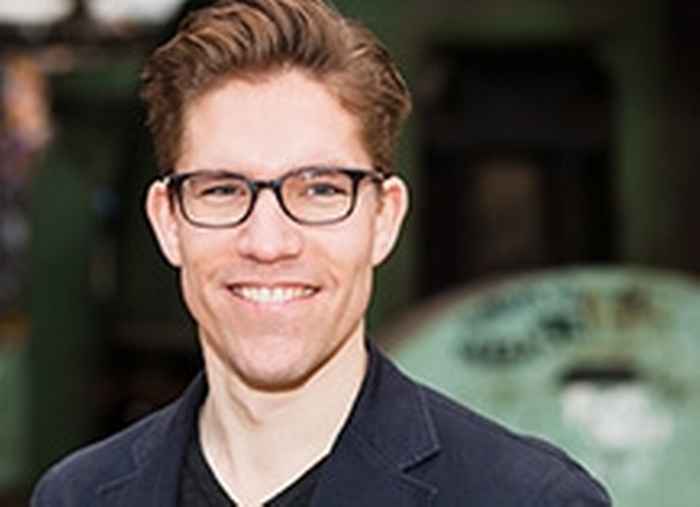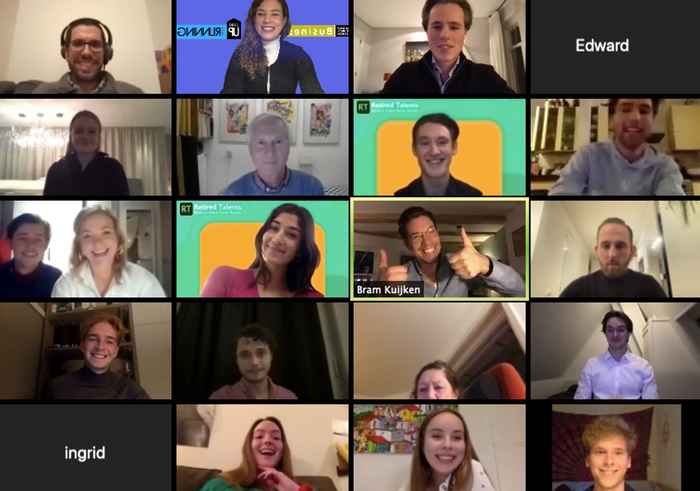Fertile ground for entrepreneurial talent
3 February 2021
On 28 January, the 6 best teams of the Minor in Entrepreneurship pitched their business ideas to an expert jury of investors on Demo Day. CoffeeGrow emerged as the big winner and received a € 2,000 prize sponsored by UvA Ventures. CoffeeGrow produces high-quality, environmentally friendly fertilizer made of used coffee grounds. The concept also impressed the public, resulting in the the audience award for CoffeeGrow as well. A week earlier, PYGO was chosen as the winner in the finals of The Startup Project, a component of the Entrepreneurship Master’s programme. The students marketed PYGO as ‘The World's Most Effective Goal Setting Software’. PYGO uses gamification as one of the tools to help you achieve your goals.
Hands-on education
'I’m very proud of my students’, says programme coordinator and lecturer Bram Kuijken. ‘That’s the case with every edition. The Minor in Entrepreneurship is into its 10th year now, and we’ve had The Startup Project for the past 3 years. Some amazing ideas have emerged along with some very promising businesses. The feedback from the students shows there is a lot of added value in hands-on education.'

In the minor, bachelor’s students spend an entire semester developing a business idea. Kuijken: 'They have around half a year to set up a business, but in priniciple, this is their first experience with entrepreneurship, so they face a lot of challenges. They work in groups of 3 or 4 students. The minor has become very popular and we annually have around 90 students on average who take part. That comes out to 20 to 25 groups, or 20 to 25 business ideas. The Startup Project also has around 90 participants, but they only have 8 weeks. Their goal is to thoroughly validate an innovative business idea. They also work in groups of 3 or 4 students and ultimately deliver around 20 business ideas.'
From expense form declarations to orangecello
The business ideas cover a huge range of products and services, as shown on the Startup and Running website, where all teams present their startup. Some examples that stand out are Realite, a platform for landlords, and Dik en Schil, making the drink orangecello from orange peels and coffee liqueur from coffee grounds. Kuijken sees that the number of sustainable initiatives has grown significantly during the past few years. ‘The biggest success story is SRXP, one of the first companies to put an end to the endless hassle of how employees declare expenses. SRXP was sold to the software company Exact 2 years ago. That’s what we call an ‘exit’ and it’s something you see frequently with startups after a certain amount of time. It’s an exceptional achievement that our students were able to do that.’
Real life cases
Fully in line with his role at Amsterdam Business School and his experience as a coordinator and lecturer, Kuijken launched his own startup: Master Challenge. ‘Students in higher education often work with hypothetical issues, while real-life cases – actually starting and running a business – can offer so much more. My startup is a platform that matches lecturers and companies. A company can propose a case and lecturers can choose from the cases offered. The goal here is to close the gap between education and practice and give students the best possible preparation for the labour market.’
Would you like to know more about the UvA and startups?
